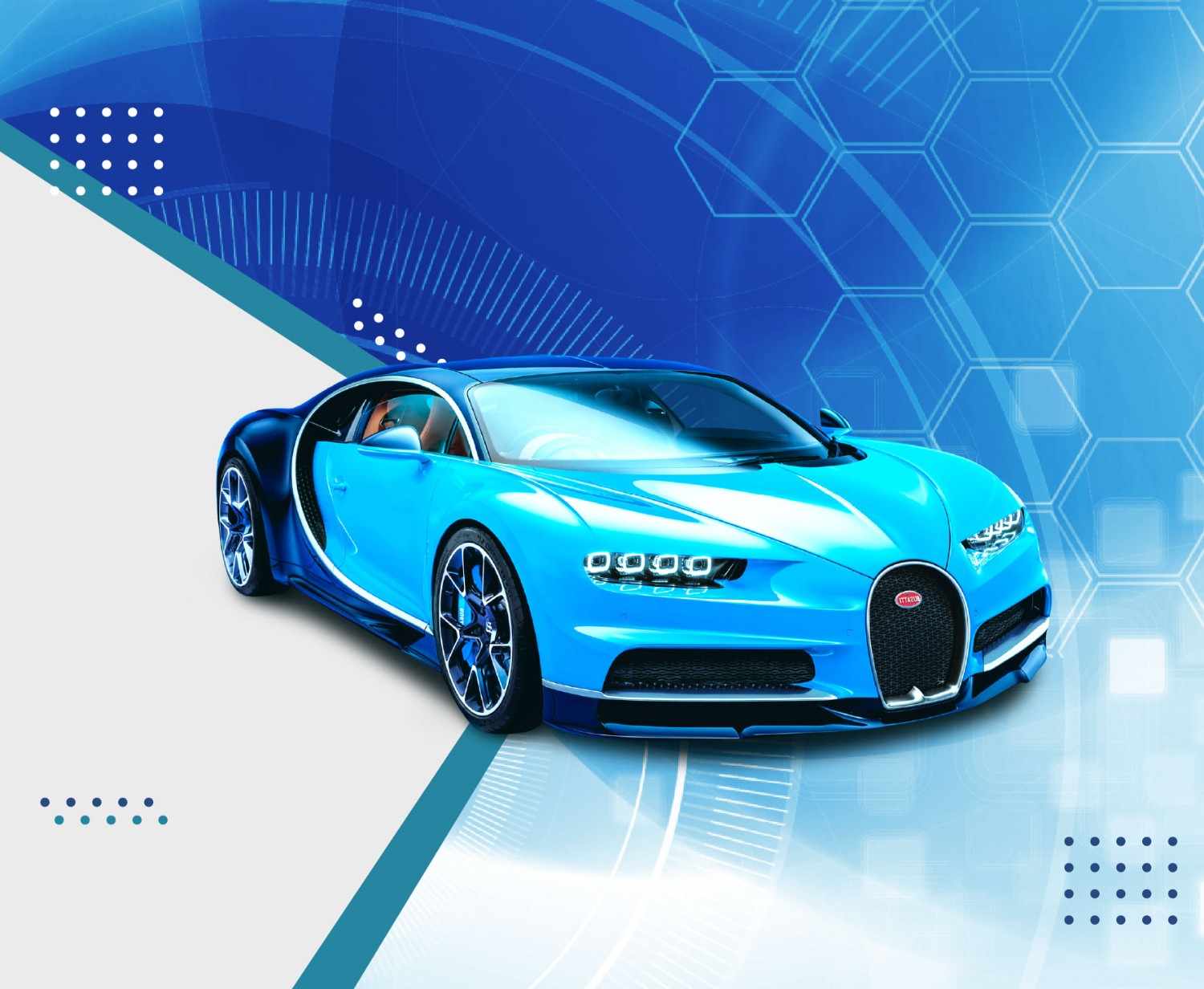Who’s Top-of-Mind When You Think Auto Insurance in Japan? New Data Shows a Surprising Trend

Japan’s auto insurance market is characterized by a compelling dynamic between established legacy providers and emerging, convenience-focused innovators. Insights gained from consumer interactions indicate a clear emotional hierarchy in preferences, where reliability, personal experiences, and generational influences play more significant roles than pricing or technology alone. Many older consumers distinctly remember purchasing their first policies through in-person agents at major companies like Tokio Marine Nichido or Sompo Japan, and this sense of nostalgia continues to foster strong brand loyalty. These legacy brands are often viewed as "institutional," integral to the car ownership experience in Japan, particularly among drivers aged 45 and older.
Even when faced with dissatisfaction regarding premiums or agent responsiveness, many consumers remain loyal to legacy insurers due to their ingrained belief in reliable claims processing. This sentiment is often encapsulated in remarks such as, "They may be expensive, but I know they’ll be there when it matters." Such statements underscore how the perception of emotional security can outweigh short-term cost considerations for a significant portion of drivers.
In contrast, younger drivers, particularly first-time car owners in urban areas like Tokyo and Osaka, demonstrate a strong preference for newer entrants such as SBI Insurance, Rakuten Insurance, and, increasingly, LINE Insurance. These digital-first companies are regarded as nimble, user-friendly, and well-integrated into users' daily online activities. For instance, the policy quote procedure at SBI takes less than five minutes a feature that resonates with digitally savvy consumers. LINE Insurance benefits from its brand's familiarity, as its parent platform is embedded in various facets of daily life in Japan. However, when questioned about their willingness to "trust LINE in a serious accident," responses tended to reflect caution, indicating a potential trust gap.
Another significant observation is the distinction between perception and actual experience. While Tokio Marine and Sompo are widely viewed as traditional and secure, several customers acknowledged they had never filed claims, suggesting that the brands' reputations are primarily based on perception rather than direct experience. Conversely, customers who have filed claims with SBI or Rakuten more frequently reported quicker than expected resolutions, indicating that brand trust for these digital players has not yet aligned with their actual performance.
Additionally, word-of-mouth remains influential, particularly through familial ties. Many older respondents mentioned that they purchased the same insurance as their parents, reflecting how emotional connections are passed down through generations. Meanwhile, younger professionals often encounter new brands through YouTube reviews or social media, indicating a generational divide in the channels used for information gathering.
Finally, when evaluating brand personality, consumers described Tokio Marine as "professional," "secure," and "predictable," while they referred to SBI as "cheap," "fast," and at times "impersonal." This emotional landscape presents an opportunity for digital insurers to humanize their offerings potentially through hybrid service models, improved storytelling, or live support options in order to bridge the existing trust gap.
For complete details write your queries at: sales@marksparksolutions.com
Sample Size & Methodology:
Total Respondents: 1,250 vehicle owners
Demographics:
- Gender: Male (54%), Female (45%), Other (1%)
- Age Groups: 20–34 (24%), 35–49 (40%), 50–64 (28%), 65+ (8%)
- Region: Kanto (32%), Kansai (22%), Chubu (18%), Others (28%)
Survey Mode: Online panel (80%), In-depth CATI (20%)
Respondent Type: Individual vehicle insurance holders (private cars only)
Unaided Brand Recall
Insight: Legacy insurers like Tokio Marine Nichido and Sompo Japan dominate top-of-mind memory due to extensive advertising, trust, and brand heritage.
Aided Brand Recall
Observation: Rakuten and LINE Insurance have stronger aided recognition than unaided indicating visibility without deep recall or trust yet.
Top-of-Mind Recall:
Asked which brand first comes to mind when thinking of auto insurance:
- Tokio Marine Nichido: 49%
- Sompo Japan: 21%
- SBI Insurance: 9%
- Mitsui Sumitomo: 7%
- Others: 14%
Note: Tokio Marine's recall is strongly anchored in older consumers (40+) due to legacy, whereas SBI has better recall among the under-35 group due to online visibility.
Brand Perception Attributes
Takeaway:
Traditional insurers lead in trust and claims service, while digital-first players like SBI, LINE, and Rakuten dominate in price, accessibility, and innovation.
Emotional Connection:
Measured through recall of past service experience, family recommendation, and advertising affinity.
Tokio Marine Nichido scored highest (8.8/10) mostly linked to long-standing reliability and policy inheritance from parents.
Sompo Japan (7.9/10) followed for similar reasons, especially among urban professionals.
SBI and Rakuten Insurance scored lower (6.2 and 6.0) as they're seen more transactional than relational.
LINE Insurance, though popular with Gen Z, scored just 5.5, viewed as convenient but not dependable yet.
Perception vs Brand Positioning
Insight: There is a perception gap for digital insurers who market innovation but are not perceived as emotionally or service-reliable.
Brand Personality Mapping (Aaker’s Model)
Key Learning: Traditional players rank high on competence and sincerity, while LINE and SBI shine in excitement but lack emotional depth and trust.
Key Trends in the Japanese Auto Insurance Market
- Digital Migration Grows, But Loyalty Stays Traditional: Despite the ease of digital insurance, a large portion of the market still prefers legacy providers due to reliability concerns.
- Young Drivers Prefer Tech Over Trust: Gen Z and young Millennials are moving toward LINE and SBI, especially those buying insurance online for the first time.
- Omni-Channel is Winning: Hybrid models (Tokio Marine’s mobile app + agent) are more successful than fully digital or fully physical experiences.
- Emotion Matters in Retention: Brands that build trust over time retain older clients longer evident in Tokio Marine’s 15+ year tenure perception among 50+ drivers.
- Price Pressure on Mid-Tier Players: Brands like Mitsui Sumitomo are getting squeezed by cheaper digital entrants and premium loyalty players.
No FAQs available at the moment.